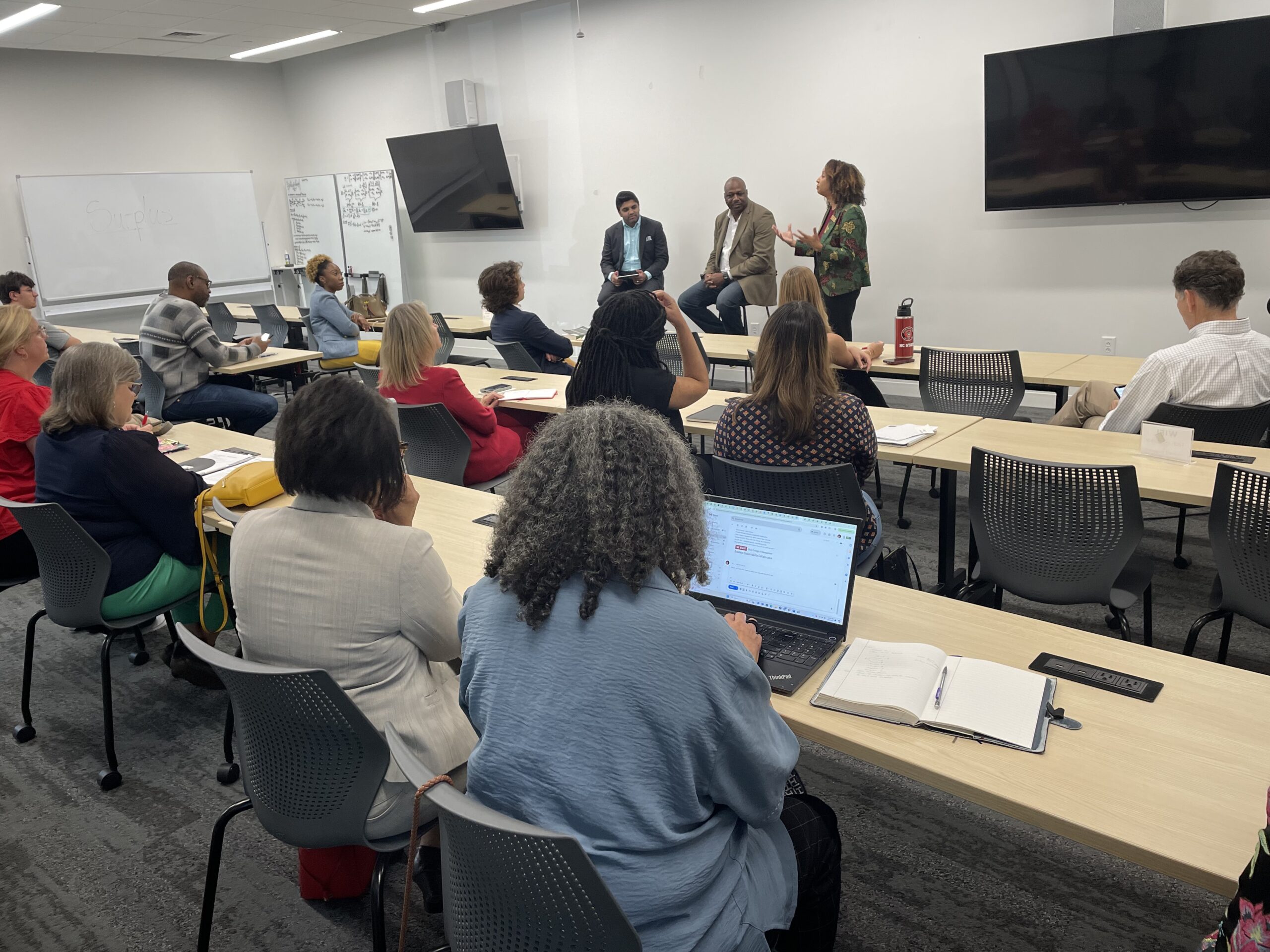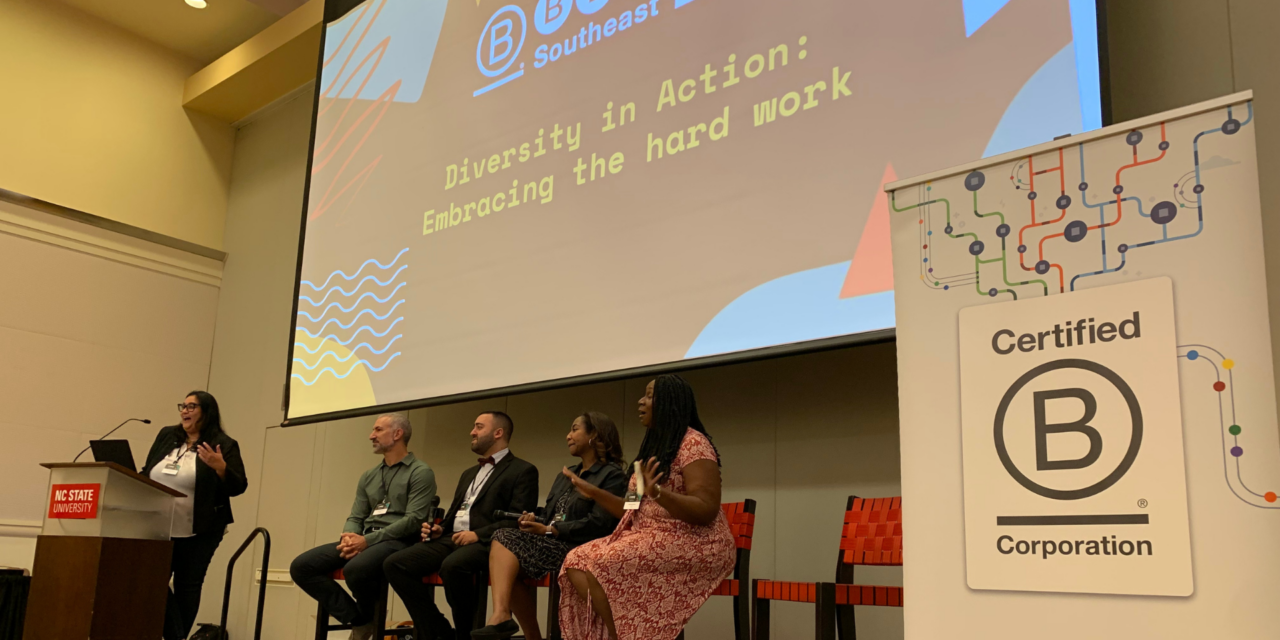UNDERSTANDING SOCIAL INNOVATION ACROSS OUR STATE

Photo: Selena N.B.H./Creative Commons
What’s the link between erecting solar panels and increasing employee education? What does supporting local fisheries have to do with donating to charity?
It’s easy to look at social responsibility or philanthropic efforts as individual acts of doing good, of course, but they are also examples of what’s known as social innovation. And it appears that social innovation is on the rise.
Stanford’s Center for Social Innovation defines the term as follows:
“A social innovation is a novel solution to a social problem that is more effective, efficient, sustainable, or just than present solutions and for which the value created accrues primarily to society as a whole rather than private individuals.”
Social innovation is happening across North Carolina. From employee benefits, through community involvement, to environmental efforts, it spans multiple barriers from geography to legal structure. Just look at how businesses are kickstarting a solar energy boom, reshaping the entire paradigm of energy production for our state.
According to a new report on social innovation in North Carolina, such investments in on-site renewable energy capacity is one of the most dramatic growth areas for social innovation.
Social Innovation on the Rise in NC
Alexandra Graddy-Reed, Doctoral Student in Public Policy at the University of North Carolina at Chapel Hill, with Maryann Feldman, S.K. Heninger Distinguished Professor of Public Policy at the University of North Carolina at Chapel Hill, and Dawn Trembath, Director of the NC Fourth Sector Resource Project, authored Innovation at Work for Carolina Communities a report on the 2012 North Carolina Social Innovation Survey.
The report looks at employee, community, and environmental practices at 743 for-profit, nonprofit, and hybrid organizations (business structures like the L3C, Low-Profit Limited Liability Company available in North Carolina as of 2010) across 71 North Carolina counties, stating:
“In seeking to better understand the needs of businesses attempting to innovate, we hope to inform both statewide and local policy efforts. We also hope this information will prove useful to the organizations working to support socially innovative enterprise in North Carolina.”
Innovating Through Recession
The report examines responses organizations took, on the social innovation front, driven by pressures from the recession in 2008.
Interesting highlights from the report:
“Half of respondents were engaged in the process of business innovation, with no correlation to geographic area, industry, or legal structure.”
Specifically in response to the 2008 recession, the report highlights the following examples of social innovation:
· 77% of respondents indicated increasing operating efficiency
· 30% increased environmental practices
· 20% increased community assistance
· 14% increased support for employees
Innovation is, of course, always important for the success of organizations, but during times of economic downturn it can become vital. Increasing operating efficiency may well be a deciding factor in success or failure of an entire venture.
There is a flip side to increased efficiency, however, which comes with a disappointing, but maybe not surprising caveat: over half of the respondents decreased employment too.
Ensuring Ongoing Progress
Even with this unfortunate scenario in mind, and a lack of available capital and capacity by some, the report acknowledged that organizations are embracing social innovation, but more support is needed.
The authors put forth the notion that a network should be developed that aims to:
“assist in the implementation of new practices, provide information on legal structures that accommodate innovation, provide information on tax benefits that encourage social innovation, and address government regulations that are inhibiting social innovation.”
The report’s authors also noted that social innovation is considerably more prevalent in urban communities than rural communities, despite a greater need for such efforts in economically deprived rural areas. As such, the report highlighted the need for increased investment in, and support for, rural social innovation – including placing a priority on broadband internet access for rural communities.
For more information read the report here: Innovation at Work for Carolina Communities
The Forth Sector Resource Project, one of the entities behind the report, serves individuals and organizations in North Carolina interested in starting, growing, or supporting fourth sector businesses. Fourth sector businesses, or hybrid business structures like the L3C, fill the role where the dividing lines between nonprofit and for profit organizations blur.
- Categories:


